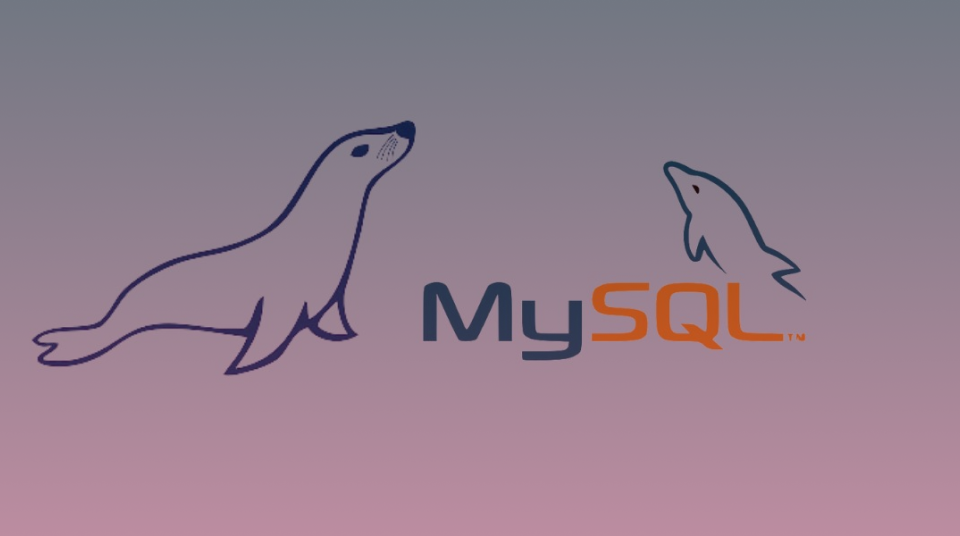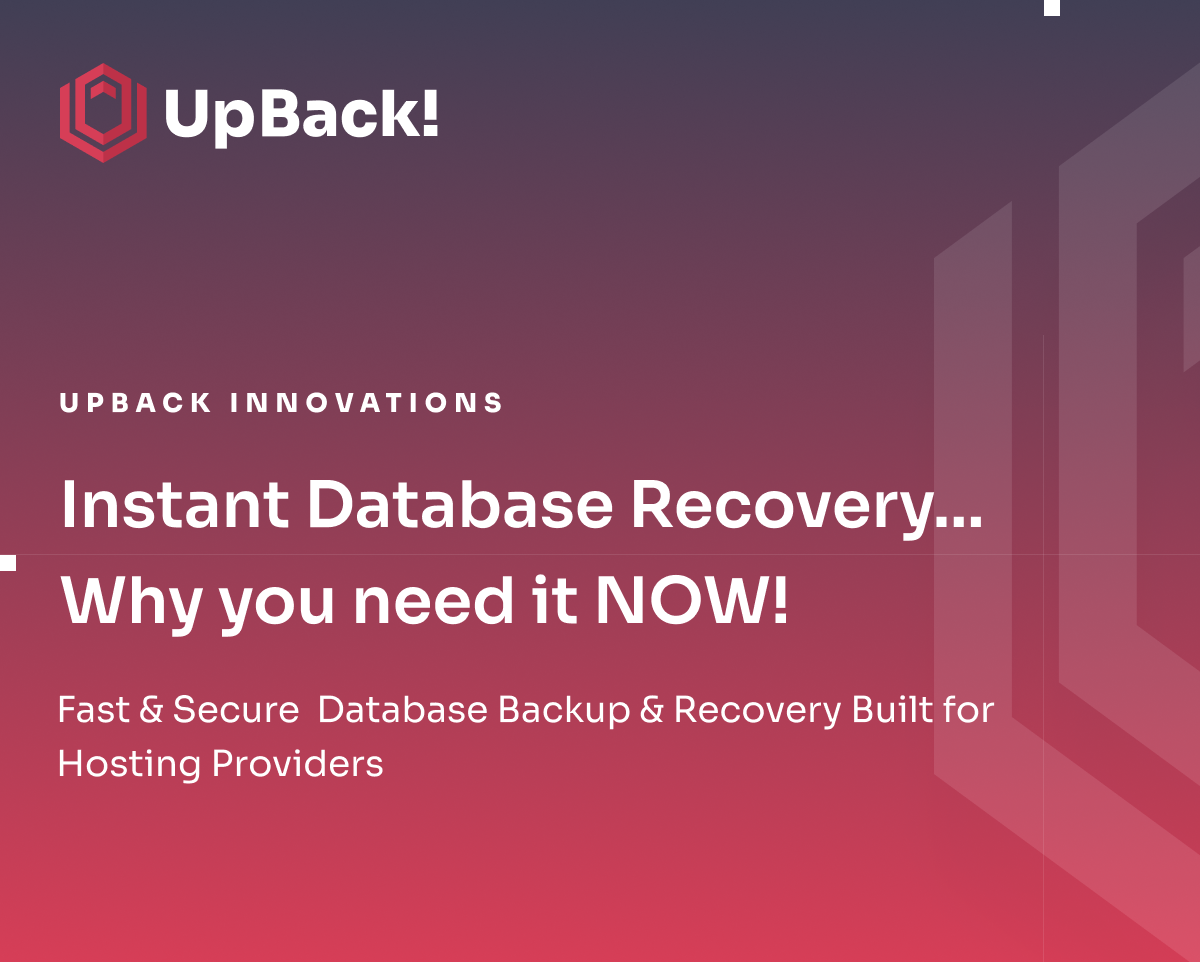Mysqldump Database Backup | What is it?
Mysqldump: A Snapshot into Database Security
Data acts as the backbone of businesses, how do you ensure your database remains intact and recoverable after unforeseen incidents?
Enter mysqldump, a vital tool in the arsenal of MySQL and MariaDB users, designed for this very purpose.
As a key player in the world of database backups, mysqldump offers a way to create logical backups—transforming data and database structures into a series of SQL statements.
This method is not just about safeguarding data; it's about ensuring business continuity and operational resilience.
Understanding Mysqldump's Role
MySQL describes mysqldump as a client utility that
"performs logical backups, producing a set of SQL statements that can be executed to reproduce the original database object definitions and table data."
It can act as a bridge between potential data loss and data recovery, serving both as a backup and a transfer tool across SQL servers.
Whether it's for backup purposes or migrating data to another server, mysqldump has been the go-to choice for many.
Setting the Stage: Benefits and Alternatives
While mysqldump shines in certain scenarios, it's not without its limitations, especially when dealing with large databases or requiring minimal downtime.
This introduction paves the way for a deeper dive into mysqldump—its advantages, its challenges, and why alternatives like Xtrabackup or MariaBackup might offer enhanced solutions for modern database needs.
Mysqldump: Your Database's Safety Net
Following our introduction to the indispensable tool that is mysqldump, let's delve deeper into what makes it a cornerstone in database backup and transfer processes.
Mysqldump Defined
At its core, mysqldump is a powerful utility provided by MySQL, designed to perform logical backups. It captures the essence of your database—tables, data, and schema—into a comprehensive SQL script.
This script is essentially a detailed set of instructions that, when executed, meticulously reconstructs your database, making it an invaluable resource for database administrators and developers alike.
How Does Mysqldump Work?
Imagine mysqldump as a meticulous scribe, noting down every detail of your database's structure and contents.
It operates by reading the database you specify and then crafting a text file filled with SQL commands. These commands, when run, can regenerate the database from scratch.
The process is like creating a detailed blueprint that can be used to rebuild your database environment, piece by piece, on any server running MySQL or MariaDB.
This utility not only backs up your data but also ensures it can be transported and restored, maintaining its integrity across different environments.
Through its straightforward yet detailed approach, mysqldump stands out as a fundamental tool, bridging the gap between data vulnerability and security.
Why Mysqldump Is often used in Database Management
Building on the foundational understanding of mysqldump, it's clear why this tool is favored across the MySQL and MariaDB ecosystem. Its utility spans beyond mere backup creation; it serves as a versatile asset for various data management tasks.
Simplicity Meets Universality
One of mysqldump's attributes is its straightforwardness. With just a few commands, users can initiate comprehensive backups, making it accessible for both novices and experts.
This simplicity doesn't come at the cost of functionality. Mysqldump's universal application across different scales of databases underscores its adaptability, catering to a wide array of backup needs without requiring extensive setup or specialized knowledge.
Common Use Cases Unveiled
Mysqldump shines in several key scenarios, further illustrating its value:
Database Migration:
When upgrading systems or transitioning between servers, mysqldump ensures a seamless transfer of data, capturing the full database structure and content in a transportable SQL script
Lightweight Backup Solutions:
For smaller databases or environments where minimalism is key, mysqldump provides an efficient backup solution that can be easily automated and stored.
These use cases highlight mysqldump's role not just as a backup tool but as a facilitator of data mobility and resilience, enabling users to manage their databases with confidence and ease.
As we move forward, it's essential to weigh these benefits against potential limitations, ensuring a balanced approach to database backup strategies.
Mysqldump: Weighing the Benefits Against the Drawbacks
As we delve deeper into the utility of mysqldump within the database management realm, it's crucial to balance its advantages with its inherent limitations to fully grasp its applicability to your needs.
The Bright Side of Mysqldump
Mysqldump's appeal largely stems from its ease of use; a single command line can initiate a full database backup, making it accessible to users of all skill levels. Its flexibility is another significant boon.
Whether you're looking to backup specific tables, entire databases, or even customize the format of your backup file, mysqldump accommodates a wide range of requirements.
In scenarios requiring rapid, straightforward backups or migrations, mysqldump proves to be exceptionally effective, offering a quick method to snapshot your database's current state.
Navigating the Limitations
However, mysqldump isn't without its drawbacks. During the backup process, especially with large databases, it can cause performance degradation.
This is because mysqldump locks tables to ensure data consistency, which, in turn, can temporarily halt database operations, impacting availability.
Furthermore, for databases of significant size, the restoration process can be time-consuming and cumbersome, potentially leading to delays in recovery after data loss incidents.
Understanding these pros and cons is essential in determining when and how to leverage mysqldump effectively, ensuring that your backup strategy aligns with your database's size, complexity, and operational requirements.
Navigating the Challenges of Mysqldump Backups
While mysqldump is a versatile tool in the arsenal of database administrators, ensuring effective backups with it, especially for large databases, presents certain complications that merit attention.
Performance Hits During Backup
One of the notable challenges with mysqldump involves the performance impact during the backup process. Mysqldump operates by executing SELECT * FROM queries to retrieve the entire dataset for backup.
This method, while straightforward, can significantly strain the database, particularly for large databases where the volume of data far exceeds the capacity of the InnoDB buffer pool.
The process of loading this data into memory, only to write it back to disk in the form of a backup file, can lead to considerable performance degradation.
This is because it displaces actively used data from the buffer pool, forcing subsequent queries to read from disk rather than memory, which is substantially slower.
Operational Efficiency Concerns
The repercussions of this performance hit are felt not just in the duration of the backup operation but also in the overall operational efficiency of the database.
During backup, the heightened disk I/O and CPU usage can slow down application response times and disrupt user experience.
Furthermore, for databases that cannot afford downtime, the locking behavior of mysqldump, albeit brief with options like --single-transaction, still introduces a window of vulnerability where data consistency is at risk.
Understanding these intricacies is crucial for database administrators to mitigate the impact of mysqldump backups on large databases, ensuring that backup strategies are aligned with the need for efficiency and continuous availability.
UpBack!'s Comprehensive Approach to Database Backup
Elevating Backup Efficiency with Xtrabackup and MariaBackup
At UpBack!, we understand the critical role that effective database backups play in ensuring business continuity and data integrity.
While mysqldump has served the MySQL/MariaDB community well, we advocate for the use of Xtrabackup and MariaBackup whenever possible.
These tools offer a non-blocking approach to backups, making them particularly suited for large databases where downtime is not an option.
Their efficiency and ability to perform hot backups without interrupting database operations mark a significant advancement over traditional methods.
There are scenarios where mysqldump's simplicity and flexibility are beneficial, especially in smaller databases or specific data transfer tasks.
However, for the bulk of use cases, particularly where database size and performance are concerns, Xtrabackup and MariaBackup emerge as superior alternatives.
UpBack! seamlessly integrates these tools, providing a robust backup solution that minimizes performance degradation and maximizes data protection.
Mysqldump and Beyond
Our journey through the capabilities and limitations of mysqldump underscores a pivotal message: while it remains a valuable tool within certain contexts, the evolving demands of database management necessitate more sophisticated solutions.
UpBack!'s endorsement of Xtrabackup and MariaBackup reflects our commitment to delivering backup solutions that not only preserve data but do so efficiently and reliably, ensuring your databases remain operational and resilient.
Take Action with UpBack!
We invite you to reevaluate your current backup strategies in light of the advanced solutions UpBack! offers.
Our platform is designed to accommodate the diverse needs of MySQL and MariaDB users, providing:
- A Deeper Dive: For more insights on integrating Xtrabackup and MariaBackup, visit our UpBack! Wiki.
- Expert Knowledge: Explore UpBack!'s Blog for a wealth of information on database backup strategies and best practices.
- Answers at Your Fingertips: Our FAQ page addresses common concerns and queries from our user community.
- Risk-Free Exploration: Experience the full suite of UpBack!'s backup solutions with our 7-day free trial, no credit card required.
Embrace the future of database backup with UpBack!, where innovation meets efficiency to protect your most valuable digital assets.




